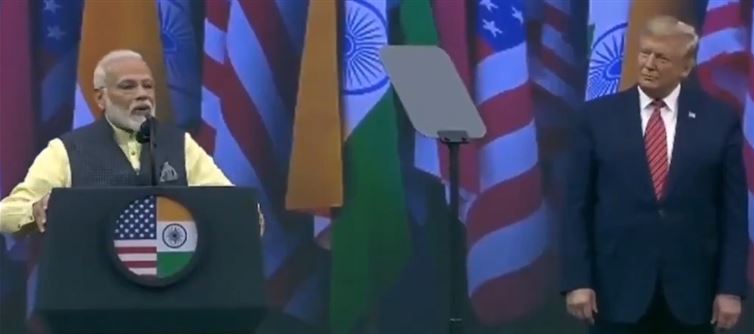
Instead of defending national economic interests or voicing a firm stance, the response appears meek and overly conciliatory. There is no signal of a possible retaliatory duty, no strong diplomatic engagement, and not even a statement asserting India’s position on trade parity.
At a time when nations around the world—even those with far less economic leverage than India—are not hesitating to stand up to unfair trade practices, India’s tone has raised eyebrows. Critics argue this is not diplomacy, but submission. A trade blow of this magnitude demands a response that at least acknowledges the imbalance, not one that quietly absorbs it.
What makes this more disheartening is the precedent it sets. If a country like India, with its vast market, growing economy, and rising geopolitical influence, doesn’t assert itself on the global stage, what message does that send to both allies and rivals? Even smaller nations such as burundi have shown more grit in standing up for their national dignity in multilateral disputes. India’s soft response not only fails to protect domestic industry and exporters but also chips away at the confidence citizens place in their leadership to uphold sovereignty and economic self-respect. The issue here is no longer about tariffs—it's about how a nation chooses to present itself in the global arena.




 click and follow Indiaherald WhatsApp channel
click and follow Indiaherald WhatsApp channel